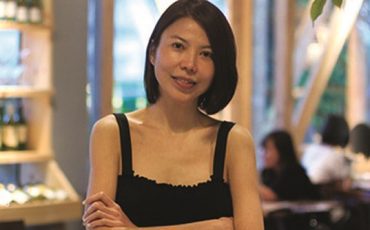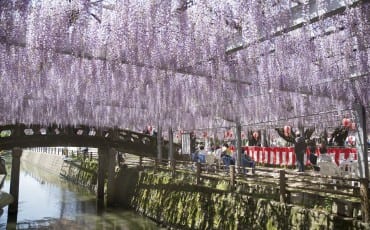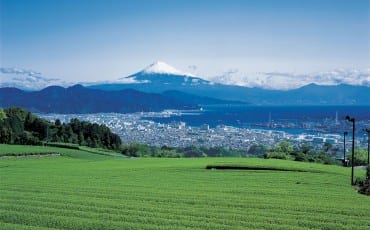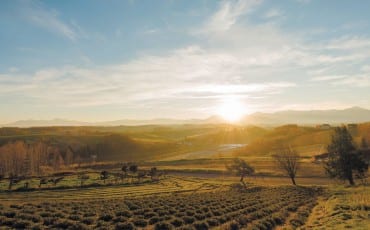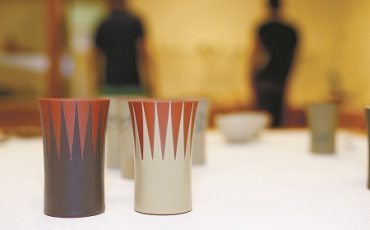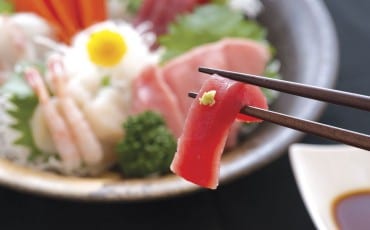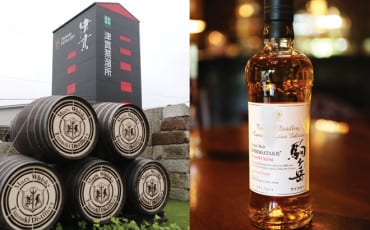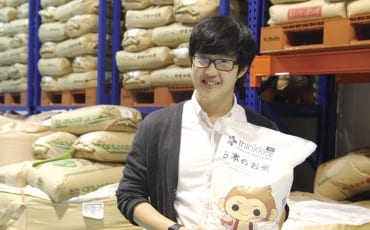Articles
Features
Oct 1, 2015
Great Places and Activities in Joetsu, Niigata
The Joetsu-Myoko area has plenty to offer regardless of whether you’re a history and culture buff, a sports fanatic looking to test your mettle on the slopes, or a leisure traveller looking to kick back and relax.
Akakura Onsen Ski Area and Ski Town
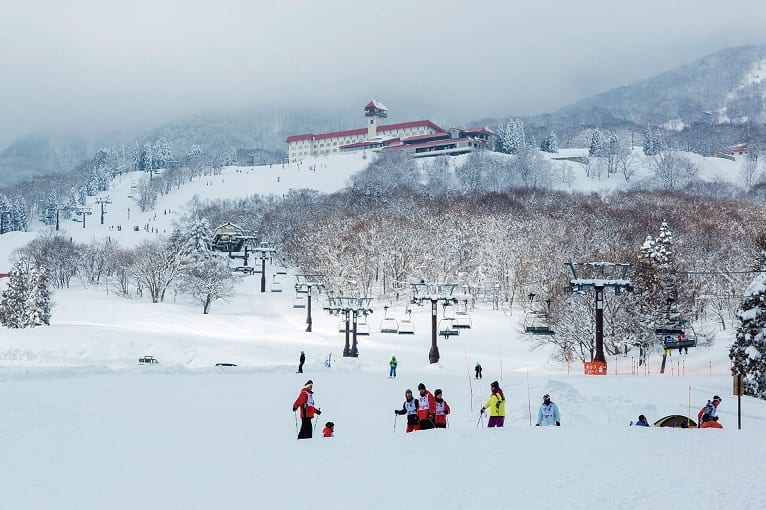
A compact ski town, many places can be easily reached by foot in the Akakura area, where most of the larger hotels and the majority of the area’s restaurants and bars are located. If you enjoy winter sports, consider a stay at the sprawling Akakura Kanko Resort & Spa. Founded in 1937 to encourage the growth of tourism, the building was modeled after Swiss ski resorts. Its Spa & Suite Wing opened in 2009 and features a large public bath, spa, and guest rooms with their own rotenburo (open-air public bath).
Exploration of the entire grounds takes about an hour, where you can check out the hotel’s natural waterfall, as well as wasabi and herb gardens. With such well-appointed facilities, it’s little wonder that you’re advised to make a reservation well in advance –particularly the winter months – as it’s usually fully booked.
Akakura Kanko Resort & Spa
216, Tagiri, Myoko-city, Niigata, 949-2102
Tel: 0255-87-2501
Kasugayama Castle and Rinsenji Temple
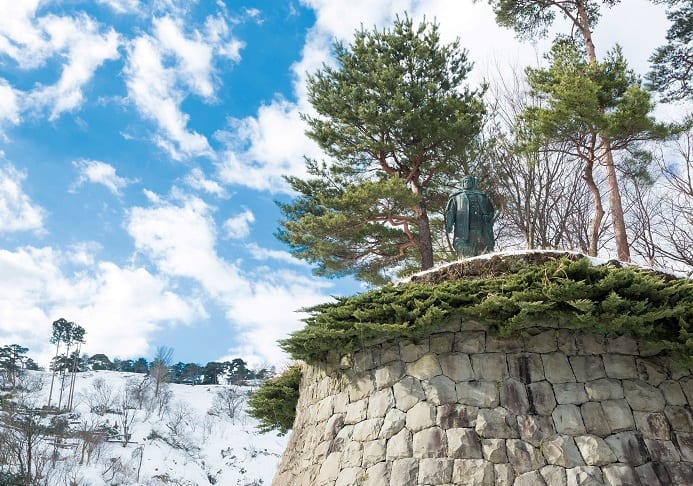
Kenshin Uesugi is a revered figure in Niigata prefecture, well known for his bravery and dedication to Zen. At the tender age of 21, when his family had their lands forcibly taken from them by invading warloads, he led an army from his home at Kasugayama Castle into battle. This is the first of more than 70 battles he would lead in his life before his premature and sudden death at the age of 49. So revered is Uesugi in Japanese history that there was a TV series telling a dramatised version of his life, with famous Japanese singer Gackt playing the role of Uesugi.
At the present-day Kasugayama Castle, only its stone foundation remains. However, you can learn more about Uesugi at Joetsu Archaeological Centre, where you’ll be greeted by actors decked out in period costumes who’ll tell fascinating stories about his life. The Rinsenji Temple was constructed in 1497, and it was where many trainee priests went to undergo religious training, comprising of a rigorous study of the teachings of Buddha, and an extremely strict form of meditation (Zazen).
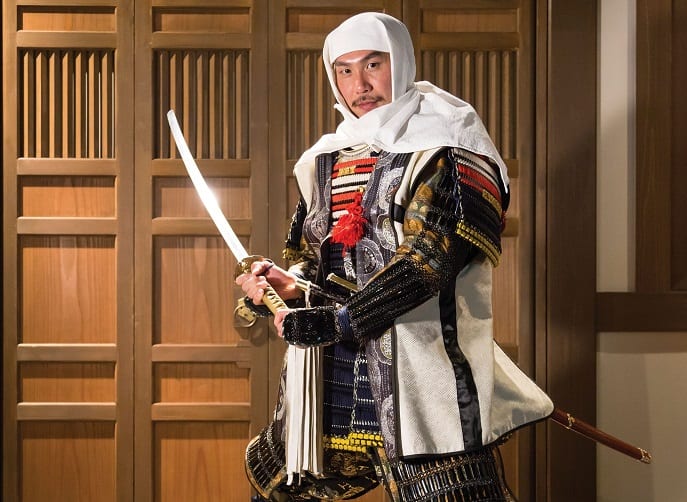
One of these students was Kenshin Uesugi, who learnt Zen and devoted himself to reestablishing peace in Japan, which was then going through a period of major upheaval that saw many warlords fighting for power. Today, Uesugi is still revered as one of Japan’s greatest generals. The temple sees a steady stream of visitors, and its many peaceful spots within the grounds are perfect for a spot of quiet contemplation.
Kasugayama Castle Ruins
Nakayashiki, Joetsu-city, Niigata
Hayashi Tominaga Estate
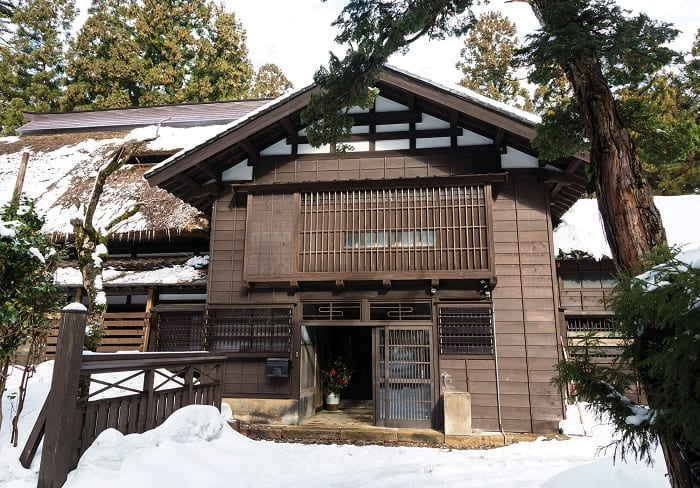
The Tominaga family established itself in the area during the Edo period and held a prominent role as the family of the local ruling headman until the fall of the Tokugawa Shogunate. One of the descendants oversaw the construction of the present-day estate in 1883, and the building today remains much in the same condition as when it was constructed. Located in a hilly garden area, visitors can enjoy views of the sweeping rural landscape. Within the building, a traditional fireplace and kitchen are preserved so visitors can connect to the everyday living conditions of the period.
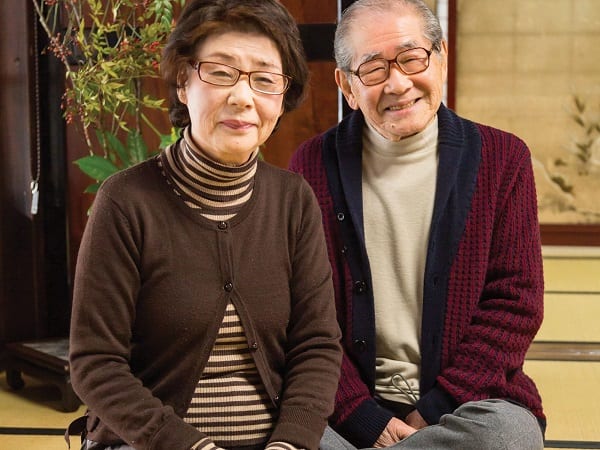
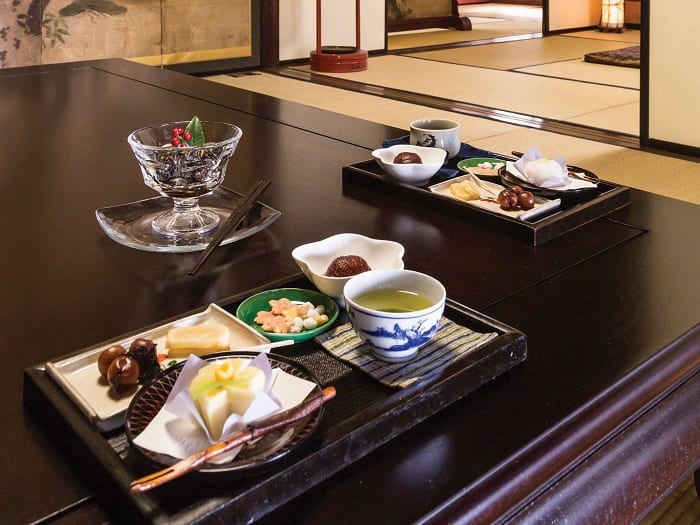
Hayashi Tominaga Estate
2245 Kanda, Sanwa-ku Joetsu-city, Niigata, 942-0265
Tel: 025-529-2345
Day Trip To TsubameSanjo
At first glance, the industrial towns of Tsubame and Sanjo don’t seem to have much to offer by way of tourism. But dig a little deeper, and you’ll uncover some gems that are vital to your understanding of this area in Niigata.
Marunao
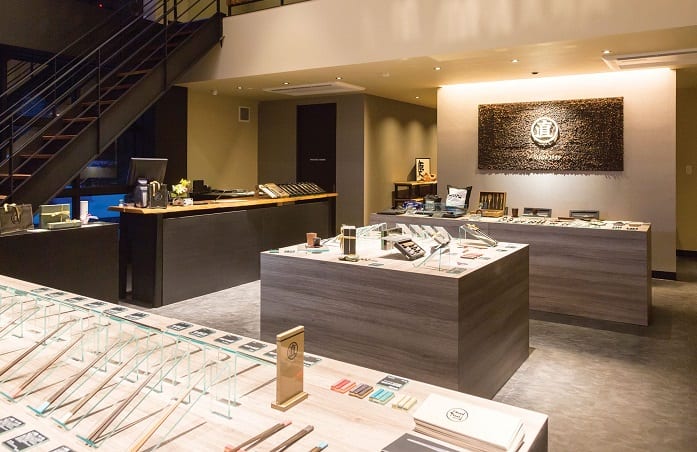
If there’s something the Japanese take very seriously, it’s attention to detail, and Marunao chopsticks are the epitome of that work ethic. Its beautiful sixteen-sided chopsticks are inlaid with silver and crafted from the finest materials. Marunao uses a variety of materials to create its veritable works of art, including ebony, rose wood, ironwood, and the most rare and precious wood of all – snake wood.
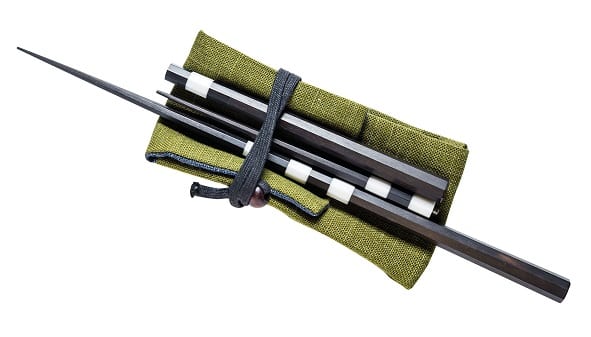
Marunao
1662-1 Yada, Sanjo-city, Niigata, 959-1107
Tel: 0256-45-7001
Sanjo Kaji Dojo
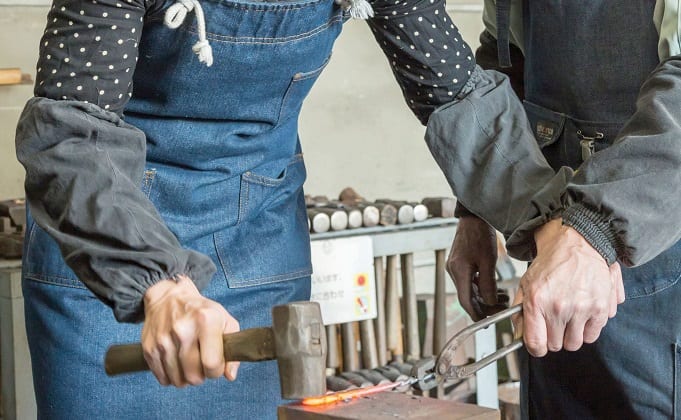
Metal moulding is an important aspect of the region’s industry and here at Sanjo Kaji Dojo, you’ll get to experience for yourself the process of making a paper knife from start to finish. You’ll learn how to heat an iron nail in order to hammer it into the shape of the knife. After this experience, you’ll definitely have newfound respect for the master craftsmen who have taken decades to hone their skills.
Sanjo Kaji Dojo
11-53 Motomachi, Sanjo-city, Niigata, 955-0072
Tel: 0256-34-8080
Snow Peak Camping Equipment
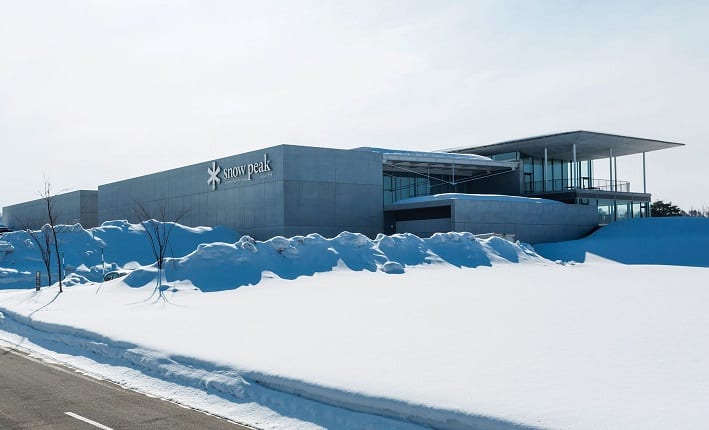
Enjoy spending time in the great outdoors? Then you’ll need to pay a visit to the headquarters of Snow Peak Camping Equipment. At its shop, you’ll be able to stock up on everything you need for your camping experience, from warm jackets to cooking utensils and tents. The beautiful area surrounding the office also doubles up as a camping ground, and it can accommodate up to 150 camping groups at any one time.
Snow Peak Camping Equipment
456 Nakanohara, Sanjo-city, Niigata, 955-0147
Tel: 0256-46-5858
Gyokusendo
In the late Edo period, a travelling craftsman introduced the method of manufacturing Tsuiki copperware to Tsubame, and the founder of Gyokusendo, Kakubei Tamagawa, was one of the few who mastered this immensely complicated process. Even a simple kettle requires the use of dozens of iron shaping rods and hammers to produce. The final product is testament to the craftmen’s mastery of the many skills required for its creation.
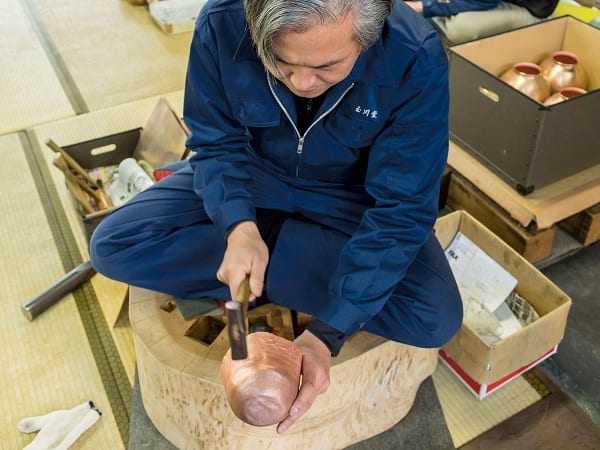
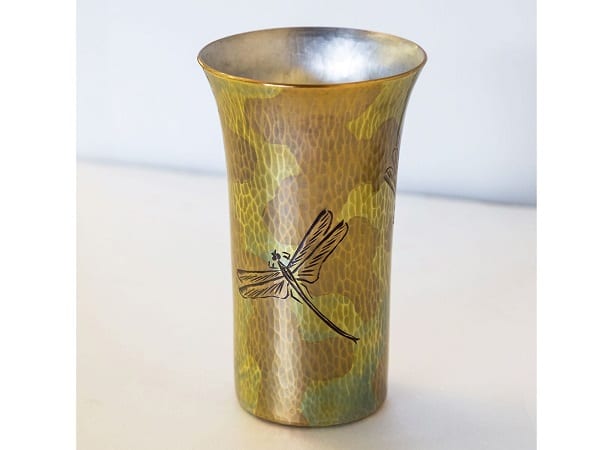
Gyokusendo
2-2-21 Chuo-Dori, Tsubame-city, Niigata, 959-1244
Tel: 0256-62-2015
Tadafusa
Professional and home chefs alike will be astounded by the array of knives available at knife factory Tadafusa. Famous for its specialty knives, including sobakiri (a knife for cutting soba noodles), some of its knives are so in demand that there is a waiting list for these coveted items.
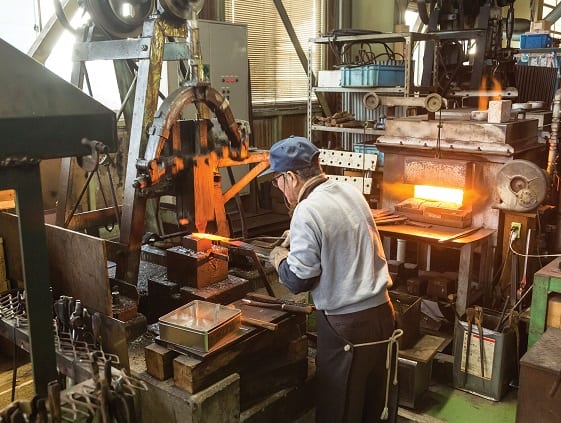
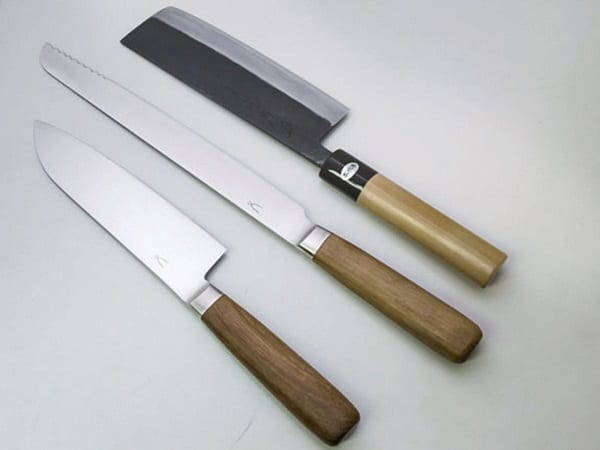
Tadafusa
27-16 Higashi Honjozi, Sanjo-city, Niigata, 955-0823
Tel: 0256-32-2184

